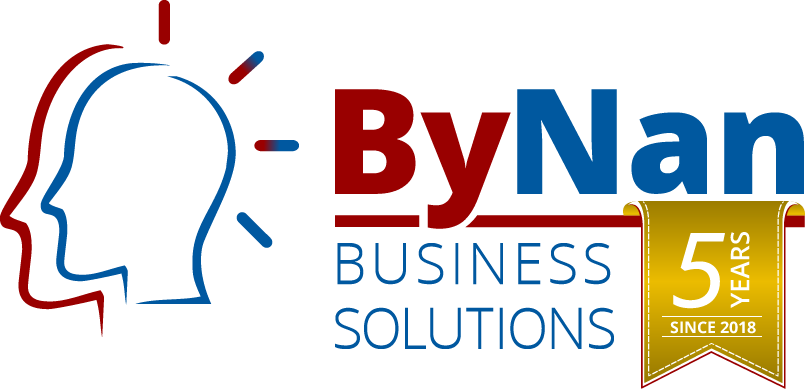In the landscape of modern business, leadership transcends traditional skills of management and strategy. Today, one of the most impactful qualities a leader can possess is emotional intelligence. It’s not just about how smart you are, or your expertise in the business, but how well you handle yourself and others. This blog explores the role of emotional intelligence in business leadership – offering insights and actionable strategies to enhance your leadership style.
Understanding Emotional Intelligence
Emotional Intelligence, or EQ, involves the ability to understand, use, and manage your own emotions in positive ways to relieve stress, communicate effectively, empathize with others, overcome challenges, and defuse conflict.
For business leaders, high EQ can translate into better control over the business environment and deeper connections with employees and customers.
The Five Components of Emotional Intelligence
(1) SELF-AWARENESS: Recognize your own emotions and how they affect your thoughts and behaviour. Know your strengths and weaknesses, and have self-confidence.
Example: Imagine you’re in a high-stakes meeting. Being aware that stress affects your communication can help you take a moment to calm down before you respond, ensuring you don’t make decisions in a state of panic or frustration.
(2) SELF-REGULATION: Manage your emotions healthily, control impulses, and adapt to changing circumstances.
Strategy: Set up a ‘cooling-off’ period for yourself in tense situations. This isn’t just about keeping your temper in check; it’s about making thoughtful decisions rather than knee-jerk reactions.
(3) MOTIVATION: Harness your emotions to pursue goals with energy and persistence.
Practice: Regularly set personal goals that align with your business objectives. Use positive emotions to propel yourself towards these goals, even when you face setbacks.
(4) EMPATHY: Understand, interpret, and respond to the emotions of others. Practicing empathy can significantly enhance your leadership in handling teams and client relationships.
Situation: When a team member doesn’t perform well, instead of immediately jumping to criticism, try to understand the reasons behind their performance. Perhaps they are facing personal challenges, and a bit of support could greatly enhance their output.
(5) SOCIAL SKILLS: Manage relationships to move people in desired directions, whether in leading change, building consensus, or persuading others.
Implementation: Conduct regular one-on-one check-ins with your team members. Use these as opportunities to build relationships and coach team members through personal interaction.
Why Emotional Intelligence Matters in Leadership
Emotional intelligence fosters a robust corporate culture and can lead to more effective leadership.
Leaders with high EQ can better handle stress, which is contagious.
If a leader can stay calm and positive, the team is more likely to as well.
This stability is crucial during periods of uncertainty or change.
Emotionally intelligent leaders are adept at building and maintaining stronger trust and respect among their team members and clients.
This is not only beneficial for employee satisfaction and retention but also enhances client relationships and loyalty.
Cultivating Your EQ
To develop your emotional intelligence, focus on these strategies:
Reflect on your own emotions: Keep a journal of your emotional responses to different situations and look for patterns.
Request feedback: Sometimes, how we think we come across isn’t how others perceive us. Regular feedback from peers and mentors can provide new insights into your emotional responses and management strategies.
Pause before reacting: Give yourself time to think about your response in stressful situations. This pause can help you choose the most constructive response.
Transform Your Leadership with EQ
If you’re ready to transform your approach to leadership and harness the power of emotional intelligence, remember it starts with a commitment to self-improvement and understanding. The journey of developing high emotional intelligence can profoundly impact not only your professional relationships but also the success of your business.
Are you inspired to elevate your leadership skills by enhancing your emotional intelligence? Book a free one-on-one online coaching session with me today, and let’s explore how you can become the leader your business needs.

